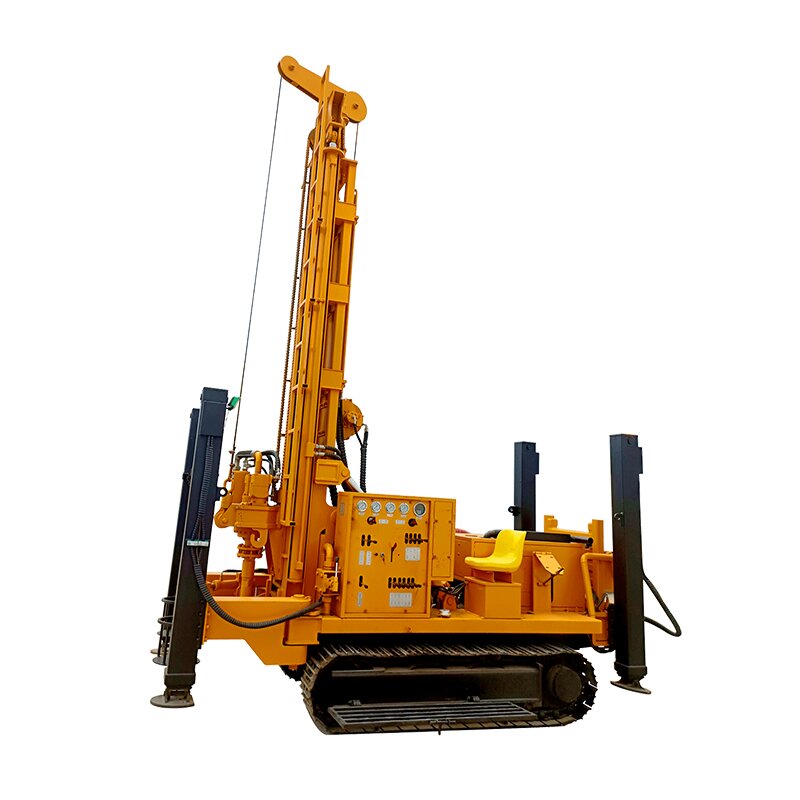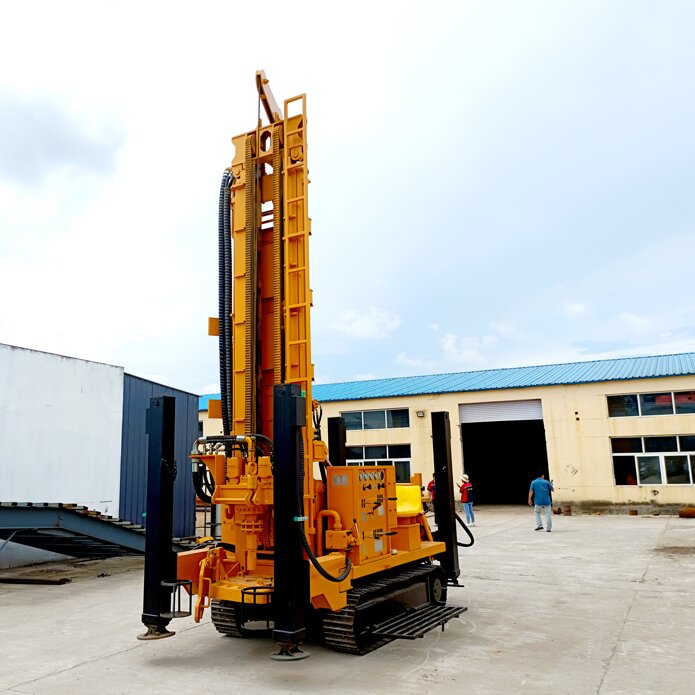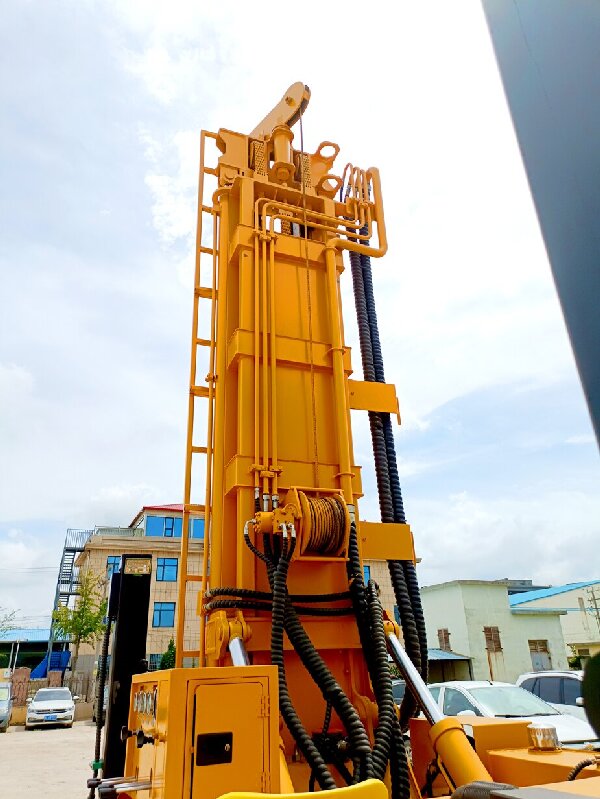Causes of Water Well Drilling Rig Noise in 2025
In 2025, with water well Drilling Rig technology advancing so quickly, a rig making a strange noise isn’t just a simple breakdown anymore. It's often an early warning sign of a bigger, more complex problem hiding in the machine's mechanical, hydraulic, electrical, or control systems. Figuring out what that noise means is key to keeping the equipment working safely and efficiently.

1. Worn or Loose Mechanical Parts
Worn Bearings and Gears: This is a top source of noise. A sharp squeal or dull clunk could mean the bearings or their races are worn out. Worn gears often cause a constant rattling or grinding sound.
Loose Bolts: A drilling rig vibrates a lot, which can loosen the bolts that hold key parts like the drill pipe, chuck, or hoist. Loose bolts can cause a distinct knocking sound and, in serious cases, can even fall off, leading to a major accident.
Abnormal Drill Tool Wear: If the drill pipe, bit, or collar gets bent or worn unevenly downhole, it can scrape and bang against the wellbore, making a loud, grating noise.
2. Hydraulic System Problems
Hydraulic Pump Cavitation: If the hydraulic fluid level is too low or air gets into the intake line, the hydraulic pump will suck in air, making a constant, stuttering sound. This not only hurts the pump's performance but can seriously damage the entire system.
Faulty Hydraulic Valves: If a hydraulic valve spool is stuck or worn down by contaminants, the fluid flowing through it can create a hissing sound. And if a solenoid valve isn't switching smoothly, it can make a noticeable clicking noise.
Abnormal Oil Viscosity: High temperatures can thin out the hydraulic fluid, causing it to flow unevenly and create noise.

3. Electrical and Control System Failures
Faulty Inverters: On rigs with variable frequency drives, a faulty or improperly set inverter can cause the motor speed to be unstable, leading to an odd humming or high-pitched squealing sound.
Incorrect Sensor Data: If a key sensor (like a pressure or speed sensor) gives a bad reading, it can cause the control system to send the wrong command, making the mechanical parts move erratically and create noise.
Contactor Sounds: Worn contactor coils or contacts can make an unusual clunking or thumping noise when they engage or disengage.
4. Downhole Conditions
Changes in Formation: When the drill bit moves from one type of ground to another, the change in rock type or hardness can create different sounds. For example, hitting a gravel layer might produce a series of sharp, distinct clunks.
Caves or Fissures: If the drill bit hits a cave or a large crack, it can suddenly drop or wobble, causing a noticeable thud. This is often an early warning sign of a high risk for stuck pipe.
 Conclusion:
Conclusion:
In 2025, solving rig noise problems isn't just about relying on experience anymore. It's about combining traditional know-how with modern smart diagnostics. By using high-precision sensors, big data analysis, and systematic troubleshooting, we can get to the root cause of the noise before a small issue becomes a big problem, ensuring our rigs run efficiently and safely.
Contact us
Click the link contact us to learn more about our products and deals!


